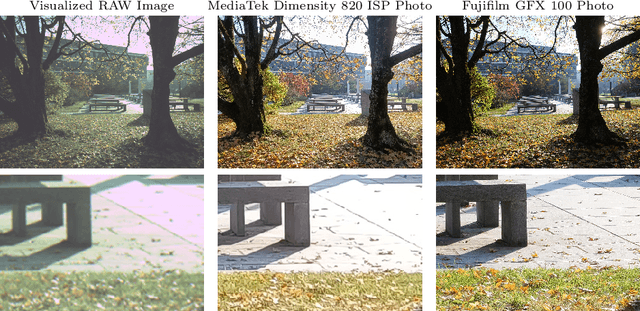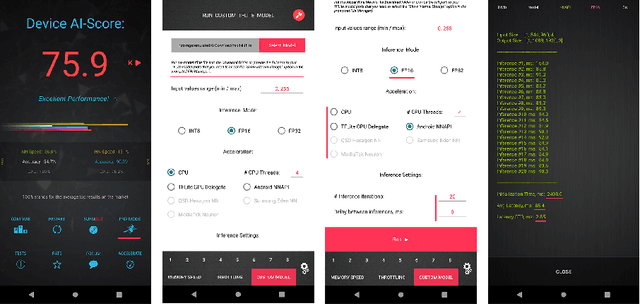Mingxuan Cai
A Graph-Enhanced DeepONet Approach for Real-Time Estimating Hydrogen-Enriched Natural Gas Flow under Variable Operations
Apr 09, 2025Abstract:Blending green hydrogen into natural gas presents a promising approach for renewable energy integration and fuel decarbonization. Accurate estimation of hydrogen fraction in hydrogen-enriched natural gas (HENG) pipeline networks is crucial for operational safety and efficiency, yet it remains challenging due to complex dynamics. While existing data-driven approaches adopt end-to-end architectures for HENG flow state estimation, their limited adaptability to varying operational conditions hinders practical applications. To this end, this study proposes a graph-enhanced DeepONet framework for the real-time estimation of HENG flow, especially hydrogen fractions. First, a dual-network architecture, called branch network and trunk network, is employed to characterize operational conditions and sparse sensor measurements to estimate the HENG state at targeted locations and time points. Second, a graph-enhance branch network is proposed to incorporate pipeline topology, improving the estimation accuracy in large-scale pipeline networks. Experimental results demonstrate that the proposed method achieves superior estimation accuracy for HCNG flow under varying operational conditions compared to conventional approaches.
MFAI: A Scalable Bayesian Matrix Factorization Approach to Leveraging Auxiliary Information
Mar 05, 2023Abstract:In various practical situations, matrix factorization methods suffer from poor data quality, such as high data sparsity and low signal-to-noise ratio (SNR). Here we consider a matrix factorization problem by utilizing auxiliary information, which is massively available in real applications, to overcome the challenges caused by poor data quality. Unlike existing methods that mainly rely on simple linear models to combine auxiliary information with the main data matrix, we propose to integrate gradient boosted trees in the probabilistic matrix factorization framework to effectively leverage auxiliary information (MFAI). Thus, MFAI naturally inherits several salient features of gradient boosted trees, such as the capability of flexibly modeling nonlinear relationships, and robustness to irrelevant features and missing values in auxiliary information. The parameters in MAFI can be automatically determined under the empirical Bayes framework, making it adaptive to the utilization of auxiliary information and immune to overfitting. Moreover, MFAI is computationally efficient and scalable to large-scale datasets by exploiting variational inference. We demonstrate the advantages of MFAI through comprehensive numerical results from simulation studies and real data analysis. Our approach is implemented in the R package mfair available at https://github.com/YangLabHKUST/mfair.
Learned Smartphone ISP on Mobile GPUs with Deep Learning, Mobile AI & AIM 2022 Challenge: Report
Nov 07, 2022



Abstract:The role of mobile cameras increased dramatically over the past few years, leading to more and more research in automatic image quality enhancement and RAW photo processing. In this Mobile AI challenge, the target was to develop an efficient end-to-end AI-based image signal processing (ISP) pipeline replacing the standard mobile ISPs that can run on modern smartphone GPUs using TensorFlow Lite. The participants were provided with a large-scale Fujifilm UltraISP dataset consisting of thousands of paired photos captured with a normal mobile camera sensor and a professional 102MP medium-format FujiFilm GFX100 camera. The runtime of the resulting models was evaluated on the Snapdragon's 8 Gen 1 GPU that provides excellent acceleration results for the majority of common deep learning ops. The proposed solutions are compatible with all recent mobile GPUs, being able to process Full HD photos in less than 20-50 milliseconds while achieving high fidelity results. A detailed description of all models developed in this challenge is provided in this paper.
 Add to Chrome
Add to Chrome Add to Firefox
Add to Firefox Add to Edge
Add to Edge